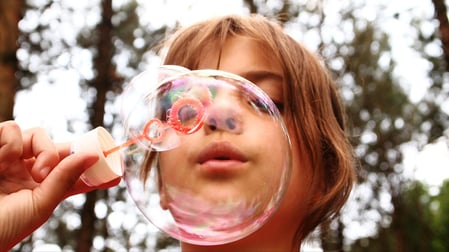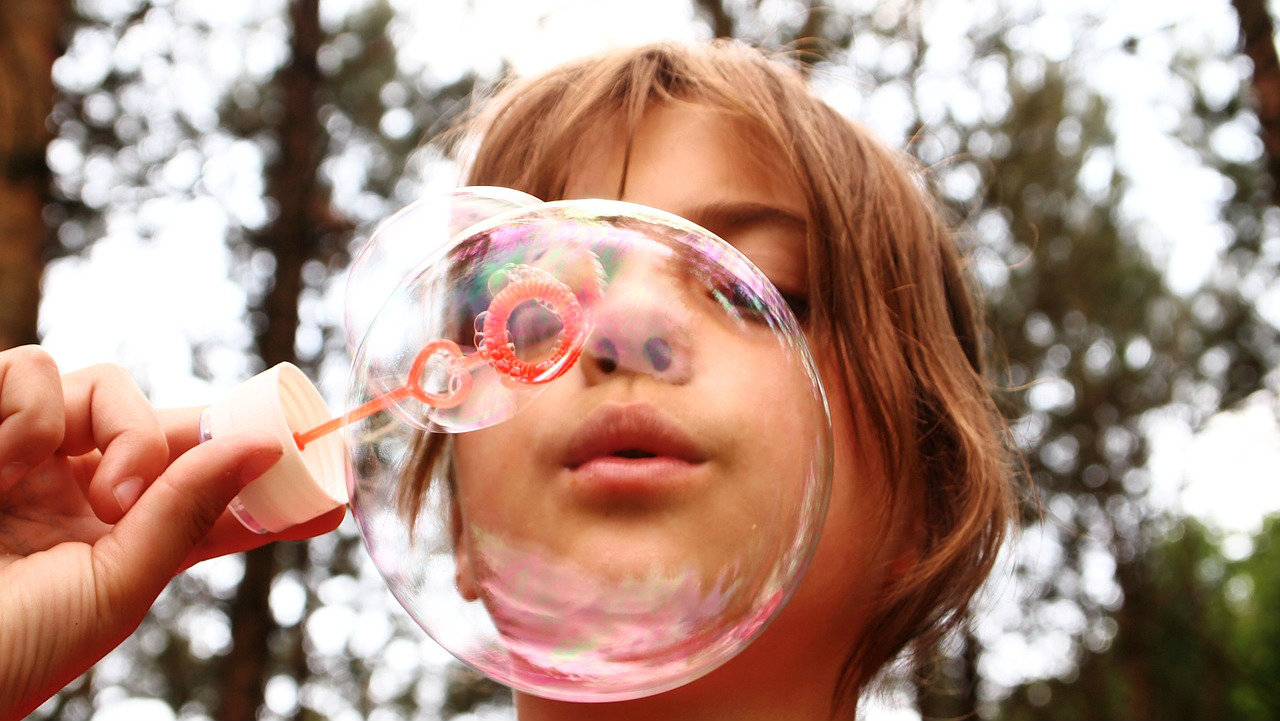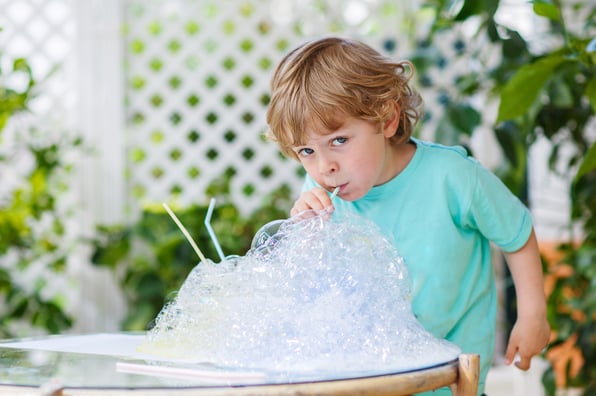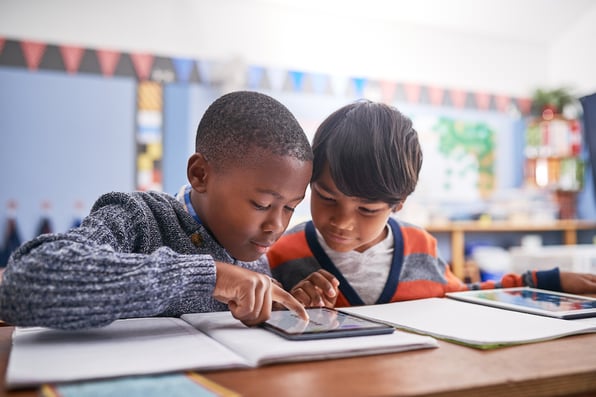 Some children seem to naturally do well in school, with high test scores and excellent report cards. If your child falls into that category, that’s wonderful! Not everyone can follow that path, though—so, as a parent, be on the lookout for special gifts that you can nurture in your child.
Some children seem to naturally do well in school, with high test scores and excellent report cards. If your child falls into that category, that’s wonderful! Not everyone can follow that path, though—so, as a parent, be on the lookout for special gifts that you can nurture in your child.
For example, there’s Richard. He struggled with math in school but give him a mechanical object and he loved to tinker. In fact, by the age of 9, he was able to help his father fix their lawn mower and, by the time he was in high school, he was rebuilding stereo systems. As a young adult, he began working as a sound technician for a professional theater company, an excellent fit for him.
Then there’s Sarah. Undiagnosed as dyslexic, she struggled in school and, after graduation, worked at a drugstore counter. In her free time, she slowly worked on writing a novel, encouraged by her customers who would ask how it was progressing. Today, Sarah is an award-winning author and teaches creative writing classes at colleges and other venues.
What about your child?
Encouraging Gifts
You can find more about Richard’s story here, along with 50 ways to help your own child. Harvard University studies have found that intelligence can be displayed through “words, numbers, music, pictures, athletic or ‘hands-on’ abilities, and social or emotional development.” To encourage your child, the article recommends that you pay attention to how he or she plays. What activities does he or she gravitate to? Also provide your child with a “broad spectrum of experiences” to bring out talents that perhaps even your child doesn’t know about yet.
Provide a sensory-rich environment, allowing your child to see, hear, taste, smell and touch. This can include finger painting, making sounds out of items found in the kitchen, comparing the scents of different flowers or spices, and anything else your imagination can come up with. Let your child observe your passion for learning and be inspired by those passions. Give your child a place to be creative and don’t judge.
These suggestions are just the tip of the iceberg. Read on for more fantastic ideas.
PBS Offers Tips
An article by PBS offers intriguing suggestions on nurturing gifts in art and music, but these recommendations can be applied to many other areas of talent. The first suggestion is to “Watch for tiny, powerful moments of ignition.” This means to be alert for times when your child identifies with a goal—to be better at playing guitar, perhaps, or to sketch animals with pencils. Help your child to see any mistakes as “fuel for learning, rather than setbacks.”
Another tip: “Praise effort, not natural ability.” When we encourage effort, the article points out, children “become more inclined to take risks, make mistakes and learn from them.” And, ultimately, after you notice gifts and encourage them, you need to stand back and let your children channel their energy into doing what they love.
Introduce your child to a wide variety of activities at Horizon Education Centers’ summer camp. We’d love to talk to you about your summer camp needs, so be sure to visit http://www.horizoneducationcenters.org/summer-camp!







